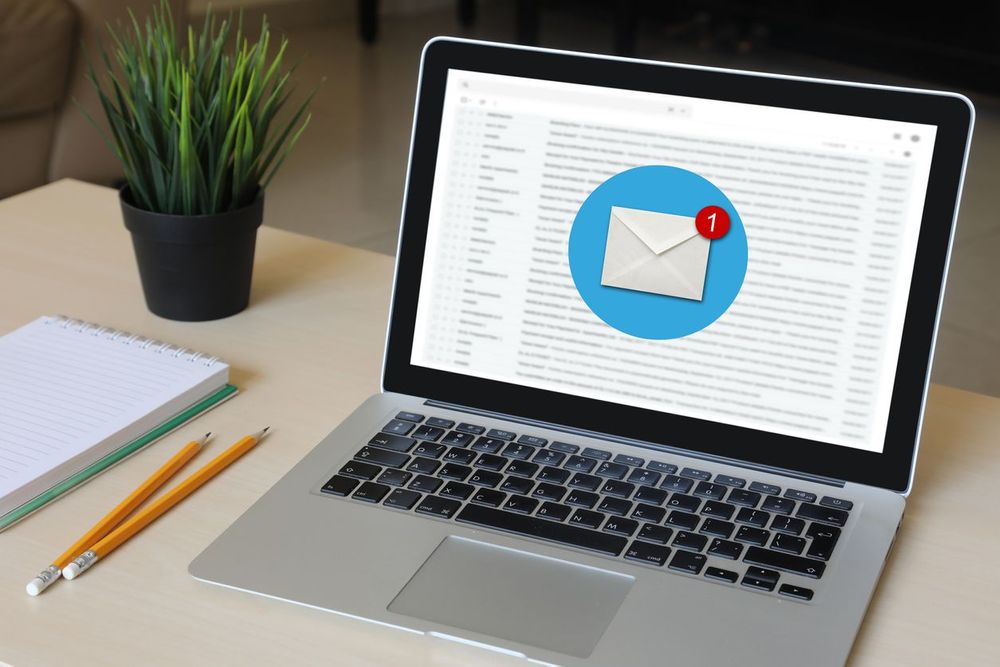
When you first get a job offer, you may be too excited to think clearly. You can finally stop with the financial and emotional struggles that come with looking for a new position. Because of your excitement, you might rush into accepting the offer. This could be a mistake, and you need to consider your actions before you formally accept the offer.
In this day and age, you may not receive a job offer over the phone or in-person. Instead, it's quite common for employers to send their job offers through email. If you want to accept the offer, you need to send an acceptance email.
The acceptance email states that you're eager to get started and describes the terms of your employment. In the email, you should include details about your starting salary, benefits, and any other perks. It should also show your expected start date.
By sending in the acceptance letter, you accomplish two things. First, you officially accept the job offer and guarantee your placement. Secondly, you document all the details of your hiring arrangement. If the employer doesn't hold up to the terms, you can use the email to stand up for yourself.
When you were in college or high school, you probably learned how to write essays and articles. But most people never learn how to write a job acceptance email. It's easy to do when you follow a few simple tips:
Before you start your letter, read the job offer carefully. Who signed the letter or email? The document could come from an HR manager, the employer, or someone else. Read the name and designation next to the signature or on the header.
If you put "To Whom it May Concern" on your email, you come across as impersonal and rushed. Address the email to the proper authority and include the company address on the email as well. Even though your email will show the date to the recipient, write it in the email itself.
It can be difficult to decide what to place in the subject line of an email. However, the subject line for an acceptance email is simple and straightforward. You should type in "Letter of Acceptance" or at least something that contains those words.
The reason for the specificity is to make sure the email doesn't end up lost in the fray. Employers might glaze past an email that has "Thanks for the Offer" in the title line. Furthermore, including "Letter of Acceptance " in the title makes it easier to search for the email. If you ever forget about the terms of your employment, you can do a quick email search.
The first one or two sentences in your email should showcase your gratitude. One way you can do this is to say the following: "Thank you for offering me the position as a procurement manager." If you feel like highlighting your excitement, you could say "Please accept my deep gratitude for offering me the job as the procurement manager. I can't wait to get started. "
Don't use a template to write these sentences or the rest of your email. If you don't customize the letter, you come across as disingenuous.
When someone hires you, they usually reveal the terms and conditions. You should include these conditions in your acceptance email and remind yourself of what you have to expect from the new job. If you have questions about the terms, reach out to the employer before you accept the offer.
Only agree to the terms and conditions of an employer after you fully accept them. In the email, include a part about agreeing to all the terms and conditions of employment. It's important to be clear, or you could find yourself in the middle of a misunderstanding or employment dispute.
In the last paragraph of the email, assure the employer of your intention to perform at your best. It doesn't hurt to thank them once more as well.
This is a good section to incorporate your starting date. You might say something like, "Thank you for this opportunity. I will show up on December 9th and will be ready to perform well.
When people send emails to friends, they don't always sign off. You shouldn't make the same mistake on your acceptance email. As a formal email, the document should have a clear sign off section.
You can say "Best Regards," "Thanks," or another closing you like to use. Then, write out your full name.
If you get a job offer, it may not be what you expect. You might realize that the salary is lower than you discussed, or that health insurance perks are sub-standard. Whatever the case may be, you should be cautious. You shouldn't settle for less than you deserve, nor should you insult the hiring manager.
Before you send in a job offer, send an email to the hiring manager and question the differences. Be very clear about what you're disputing; have a list of everything you need to discuss. As you go through the list, explain why you won't accept each item.
In that email, you can say that you accept the job offer as long as the issues are addressed, or you can say that you'd like to negotiate the offer. If the company sent you a job offer, there's a good chance they will be willing to renegotiate the terms.
Having to write a job acceptance email is one problem you might love to have. If you've been trying to find a new position and are still looking, it may be time to take a new approach. Consider where you're finding jobs and how you handle the search. With a little more effort and analysis, you could have a job offer soon.
Lorem Ipsum is simply dummy text of the printing and typesetting industry. Lorem Ipsum has been.
